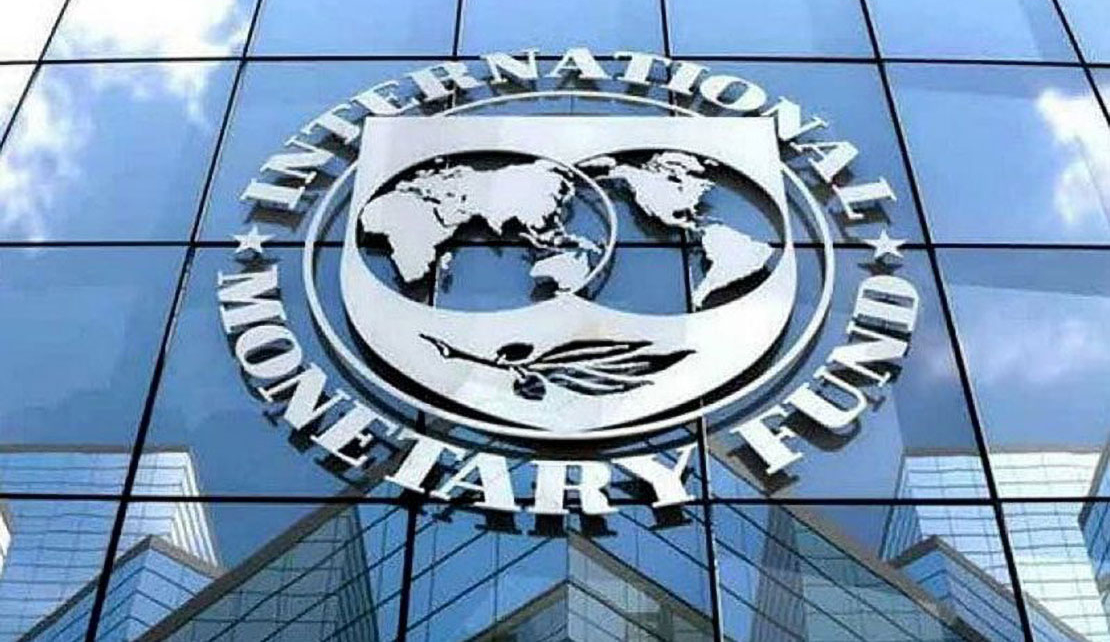GUYANA | IMF says the Guyana Economy continues to experience Record Growth

WASHINGTON DC, December 2023 - The International Monetary Fund, IMF, is reporting that the Guyanese economy continues to experience record growth, supported by the government’s modernization plans and unparalleled oil and gas sector expansion.
Guyana’s external position at end-2022 is assessed to be moderately stronger than the level implied by fundamentals and desired policies.
Guyana’s debt-sustainability analysis (DSA) indicates that the risk of (overall and external) debt distress remains moderate, with debt dynamics improving significantly with incoming oil revenues.
Overall real GDP growth is projected to grow 38.4 percent in 2023 and on average of 20 percent per year during 2024-28. Guyana’s very favorable medium-term growth prospects are accompanied by upside risks—key among them being further oil discoveries that would continue to improve growth prospects—and downside risks—inflationary pressures and the appreciation of the real exchange rate beyond the level implied by a balanced expansion of the economy.
Adverse climate shocks, and volatile or lower than projected commodity prices, may also negatively impact the economy. The key challenges are managing large resource revenue inflows to ensure macro-economic stability and sustainability, while investing steadily in people, physical infrastructure, and institutions.
Given the medium-term risks of inflationary pressures and real exchange rate appreciation beyond the level implied by a balanced expansion of the economy, staff recommend a continued focus on maintaining macroeconomic stability through an appropriate policy mix.
The IMF Staff assess the 2023 policy mix to be appropriate, with fiscal policy increasing public investment to address the large development needs, and broad money growing in line with non-oil GDP. Staff welcome maintaining debt sustainability and a balanced growth path through moderating fiscal impulses over the medium-term, while continuing to address development needs.
The authorities’ commitment to fiscal discipline is welcome and allows for a balanced growth path, with moderating fiscal impulses projected to achieve a zero overall fiscal balance by 2028. Gross international reserves and substantial saving in the National Resource Fund are expected to continue to accumulate in the medium-term.
Staff recommend adopting over the medium-term a comprehensive medium-term fiscal framework (MTFF). As a fiscal anchor, staff recommend setting a path for the non-oil primary balance (as a percent of non-oil GDP) consistent with the ceilings the withdrawals from the NRF of oil revenues which aim to ensure inter-generational equity.
The MTFF should encompass further modernizing the public financial management framework, to contain a clear medium-term fiscal anchor, a transition path, and an operational target. Staff recommend periodic expenditure reviews to ensure macroeconomic stability and preserve competitiveness by setting the pace of public investment to take into account absorption and institutional capacity constraints of the economy.
Staff recommend continuing close monitoring of macroeconomic and financial indicators, tightening monetary policy stance, and using macroprudential tools as needed. In the medium term, staff recommends a review of the exchange rate framework to ensure that it best serves the economy.
Staff support the authorities’ efforts to maintain financial stability and recommend completing the implementation of the 2016 FSAP recommendations. Staff welcome BoG’s asset quality reviews, the progress in conducting stress tests exercises, and the authorities’ strategies to promote financial inclusion. Staff strongly support the authorities’ commitment to complete the implementation of the 2016 FSAP recommendations, including closely monitoring sectoral lending exposures, related party lending, banks’ ownership structure and increasing competition in the banking sector.
Staff commend the authorities’ progress in strengthening AML/CFT, governance, anti-corruption frameworks and support further advances in their effective implementation.
Staff commend the authorities’ progress to strengthen the management of oil wealth and its fiscal transparency and recommend addressing remaining gaps. In particular it is important to implement the recommendations of the 2019 Extractive Industries Transparency Initiative (EITI) reports, including in moving towards electronic disclosure and adequate follow-up.
Staff welcome the authorities’ climate efforts implemented through LCDS 2030, which maintains forest coverage and preserves sequestration rates, and aims to enhance nature conservation, by including biodiversity conservation, watershed management, and the ocean economy, and receive payments for these efforts.
